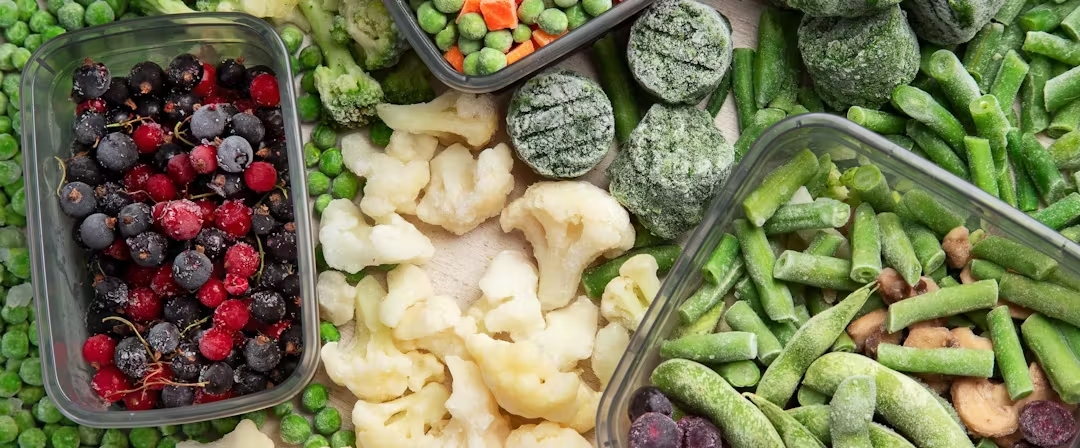Dear Men,
My name is Mike, and Christmas has always been complicated for me…
I hate Christmas… is not something that is very acceptable to say. The holidays can be a very tough time for many of us. For years, the holidays have been a time of extreme discomfort and reflection for me, shaped by personal loss and change.
Since my divorce, I struggled hard. When the kids were young, I put on a happy face and did my best to show up for them. I even made an effort to make consolidated dinners with my ex so we could all be together at least for times around the holidays. It was uncomfortable for me and felt awkward as hell. I had minimal boundaries set for myself and always just kind of sucked it up. After all, I wanted what was best for the kids. They were and still are my 100% priority.
When Colleen was murdered in 2015, it only exacerbated my sense of disconnection to the holidays even further. To make it worse, most of those I love around me were not precisely empathetic to my feelings about the holidays. I get it; we all want those we love to be joyful and positive, but it is important to acknowledge that this isn’t always the case.
I was chatting with a friend who loves the holiday season this week. I shared some of my struggles with it, expecting the usual “but Christmas is magical” response. Instead, he told me about his love for the winter solstice—the celebration of the longest night of the year. He described it as a time for rest, reflection, and the promise of renewal.
I’m not going to lie; my first instinct was to resist the idea. How could I find hope in something that had brought me so much pain? But as we talked, I started to see things differently.
The solstice isn’t about ignoring the darkness; it’s about honoring it as a necessary part of life. There can be no light without dark, no joy without sorrow. That contrast is what makes the light feel so much brighter.
The winter solstice is a profound reminder that life is a constant interplay of light and dark, and both are essential to the human experience. Celebrating this contrast allows us to embrace the wholeness of our existence, honor the cycles of nature, and find hope in the promise of brighter days ahead.
My friend shared with me a story he had recently heard. When he started telling me I immediately thought I knew where he was going with it. I was wrong.
He used the analogy of a broken vase. When you have a piece of pottery that shatters, you have three options for what to do with it.
You can grab a broom, sweep it, and toss it in the garbage.
Try to reassemble it and glue it back together. It may resemble its original form but will always be different. It will always have the scars of shattering no matter what you do.
Or you can take all the shattered pieces, collect them, and create a new mosaic out of them. So the vase is no longer recognizable from its original form but has come together to create something entirely new.
For years, I chose the first option. I swept up the broken pieces of the holidays and threw them away, distancing myself from the season entirely. It felt easier to discard and disconnect than to face it. But the holidays come every year whether we like it or not. They have a way of creeping back in, whether through the traditions of others, the expectations of family, or the memories that surface uninvited.
It wasn’t until this conversation that I started to consider another possibility. The idea of creating a mosaic out of those broken pieces resonated deeply. The holidays don’t have to look like they used to—or even like they “should.” They can be something entirely new, shaped by where I am now.
This realization allows me to let go of what no longer serves me and embrace the chance to create something meaningful. The holidays might still feel uncomfortable, but they can also be beautiful in their own way—just like a mosaic.
As we navigate the complexities of the holiday season, it’s important to remember that how we approach the “shattered pieces” of our lives is our choice. The holidays, like life, can be both light and dark—joyful and challenging. Whether you’re reassembling your vase or creating an entirely new mosaic, take a moment to honor your process.
If the holidays are heavy for you, know you’re not alone. Lean into the cycles of light and dark, and find your way to create something meaningful for yourself.
This season, I challenge you to reflect on what your mosaic might look like and how you can embrace both the light and the dark in your life. Maybe it’s starting a new tradition, reaching out to someone for support, or simply giving yourself the gift of rest.
Whatever it is, let this be a reminder: the brightest light often emerges from the deepest darkness. You have the power to create something beautiful.
This season, I invite you to reflect: What could your mosaic look like? How can you embrace both the light and the dark in your life? Maybe it’s starting a new tradition, reaching out to someone for support, or simply permitting yourself to rest.
For me, I’m excited to explore this idea with Michelle and see what kind of mosaic we can create together. This is a brand-new perspective for me, and while I haven’t taken any steps yet, I’m looking forward to reflecting with her and discovering what feels meaningful for us both.
Remember, the brightest light often comes from the deepest darkness. You have the power to create something beautiful from your broken pieces. So, how will you honor your mosaic this season?







